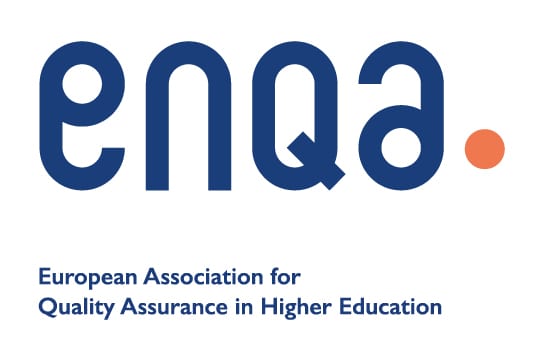Reply To: General Discussion
[Lockias Chitanana] Let me share what I seem to be getting from Ramon’s contribution here!
This discussion presents a nuanced perspective on teaching and learning, emphasizing the need for a critical examination of current approaches while being strategic and patient in the reform process. Here are some reflections on the key points raised:
1. Critique of the Biunivocal Relationship:
The argument against the “BIUNIVOCAL RELATIONSHIP” between teaching and learning challenges the idea that teaching is an absolute prerequisite for learning. The emphasis on individual effort and the desire to learn as the fundamental conditions for effective learning brings attention to the autonomy and agency of learners. This viewpoint underscores the importance of intrinsic motivation and self-directed learning, acknowledging that learning occurs through various avenues beyond formal teaching.
2. Pragmatic Approach to Reform:
The discussion highlights the need for a pragmatic and strategic approach to educational reform. Acknowledging the complexity and entrenched interests in the current higher education system, the call for valuing incremental steps and building coalitions for change reflects a realistic understanding of the challenges involved in reform. This approach recognizes that change in education is a gradual process, requiring careful consideration and collaboration to navigate resistance and obstacles.
3. Balancing Ideological Battle and Reform Process:
The suggestion to be radical in the ideological battle while exercising wisdom and patience in the reform process reflects a balanced approach. Advocating for a transformation in educational ideologies and principles is crucial for long-term change. Simultaneously, the recognition that reform may encounter resistance, and the importance of strategic planning and building consensus, emphasizes the pragmatic aspects of the change process.
4. Steady Progress Forward:
The overarching message advocates for a steady and persistent movement towards reform. The idea of being radical in challenging existing ideologies and practices aligns with the need for transformative change, while the call for wisdom and patience underscores the importance of sustainability and careful navigation of obstacles in the reform journey.
In conclusion, I note that the post by Ramon encourages a thoughtful and multifaceted approach to education reform, acknowledging the complexities involved. It combines a critical examination of the current state of teaching and learning with a pragmatic understanding of the challenges inherent in the reform process. This dual perspective provides a comprehensive framework for addressing issues in higher education and working towards positive and sustainable changes.






